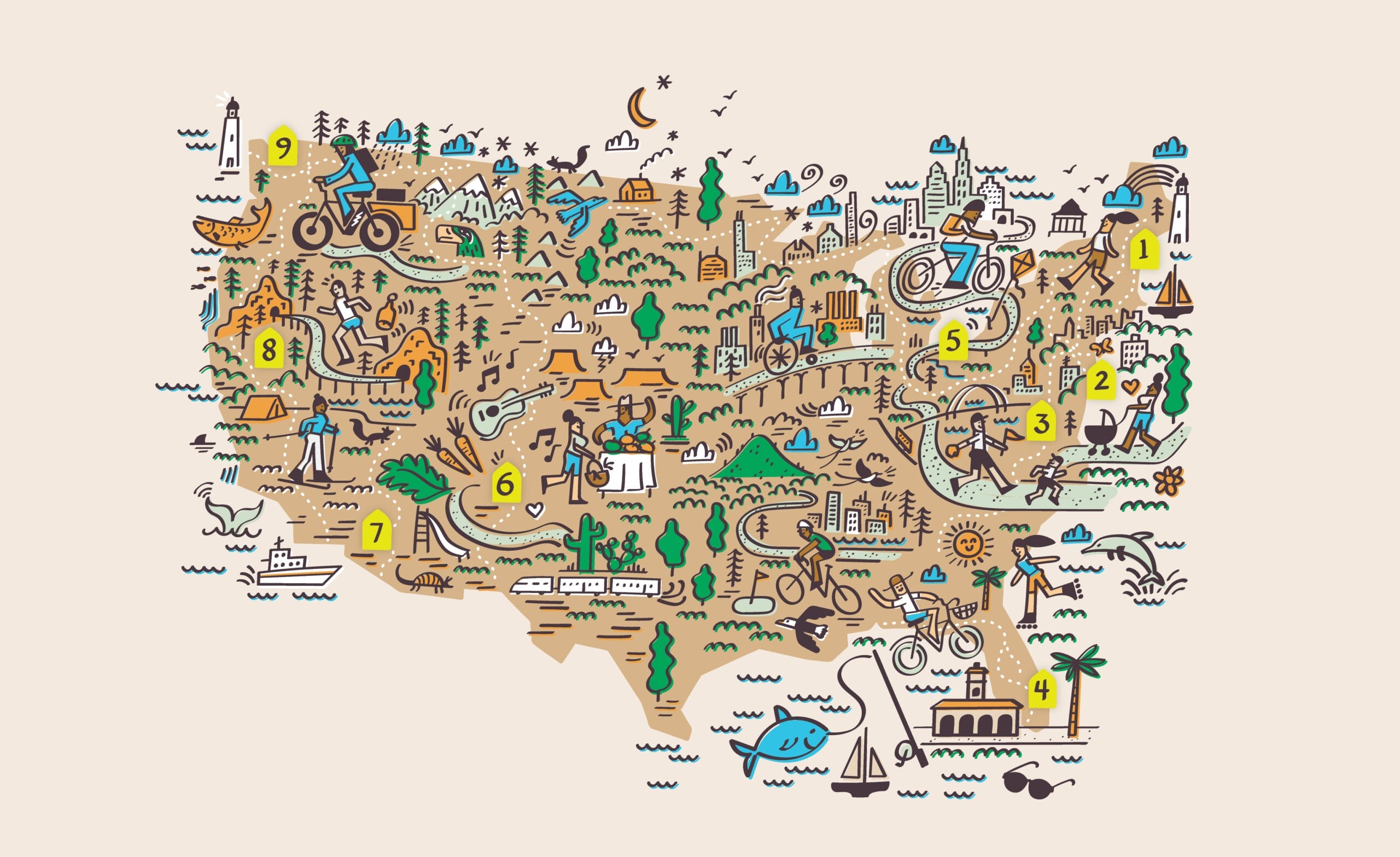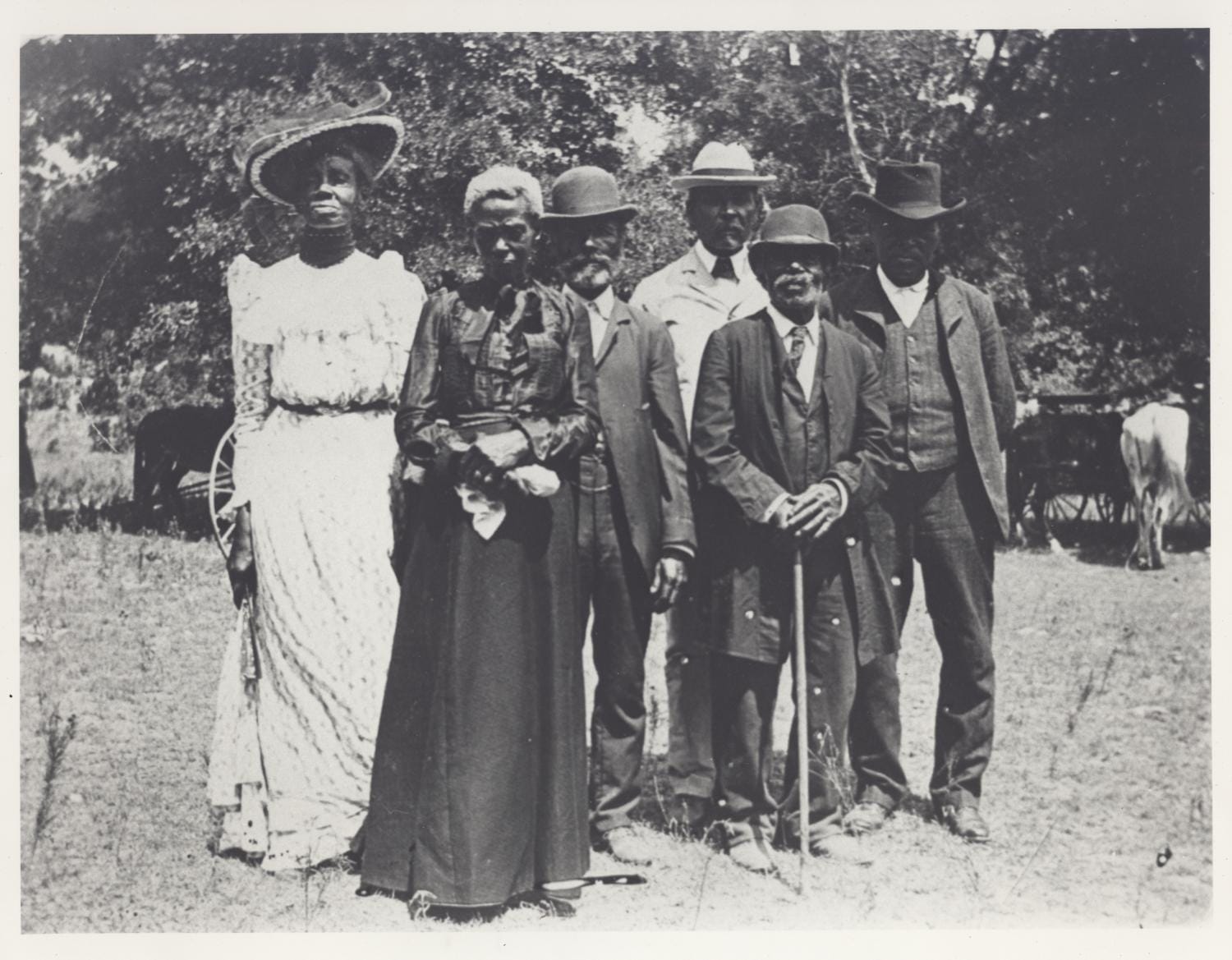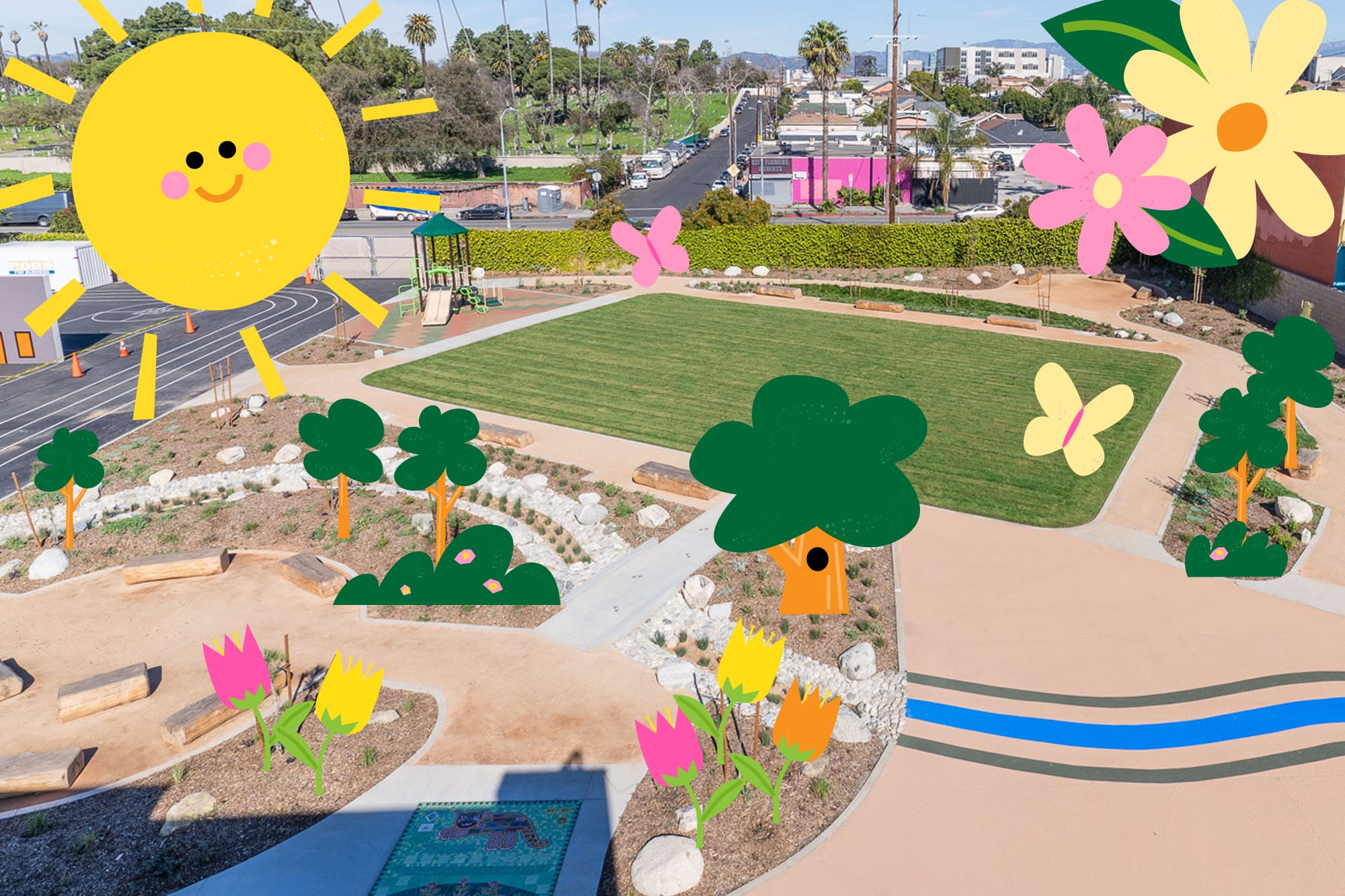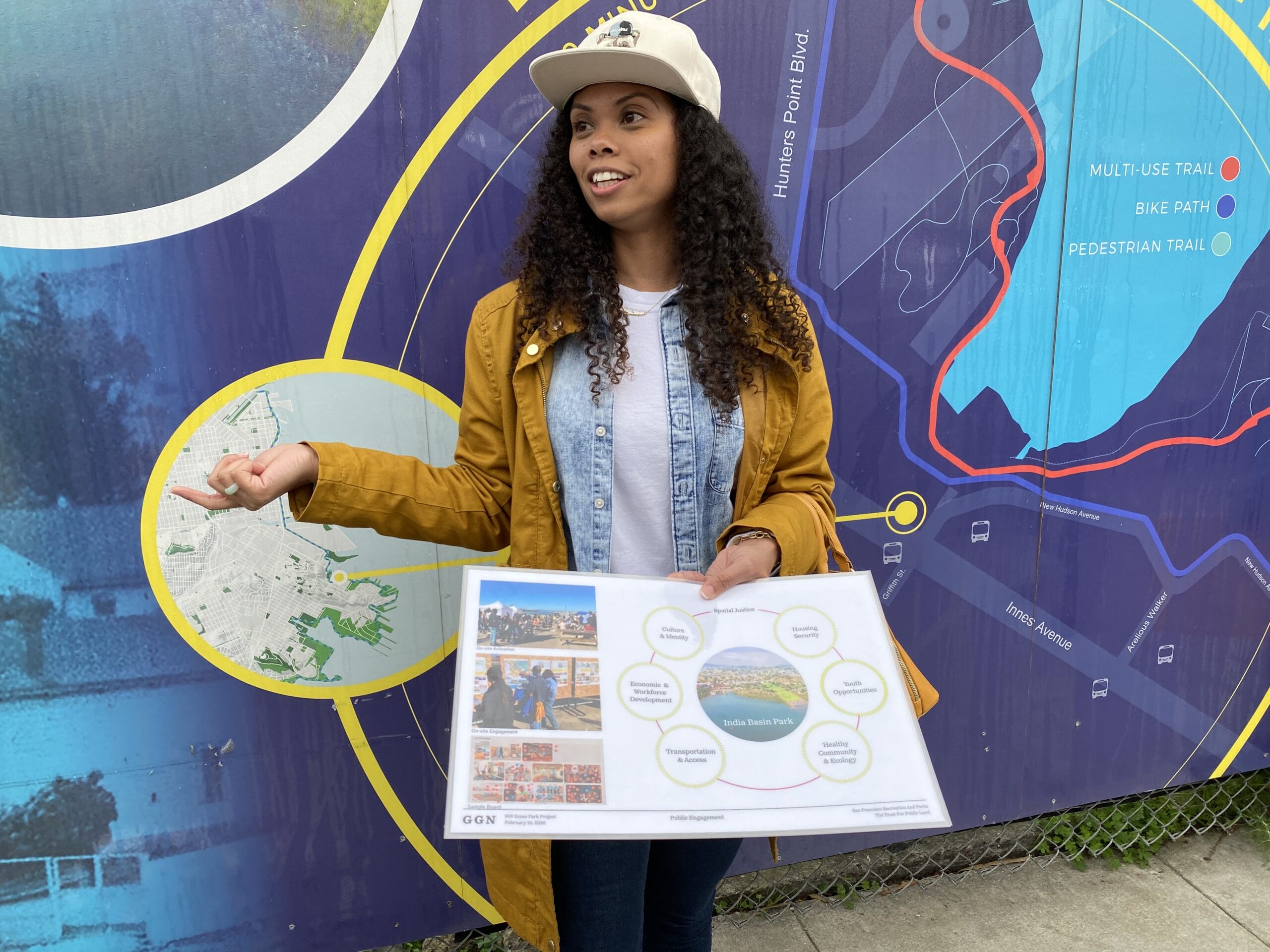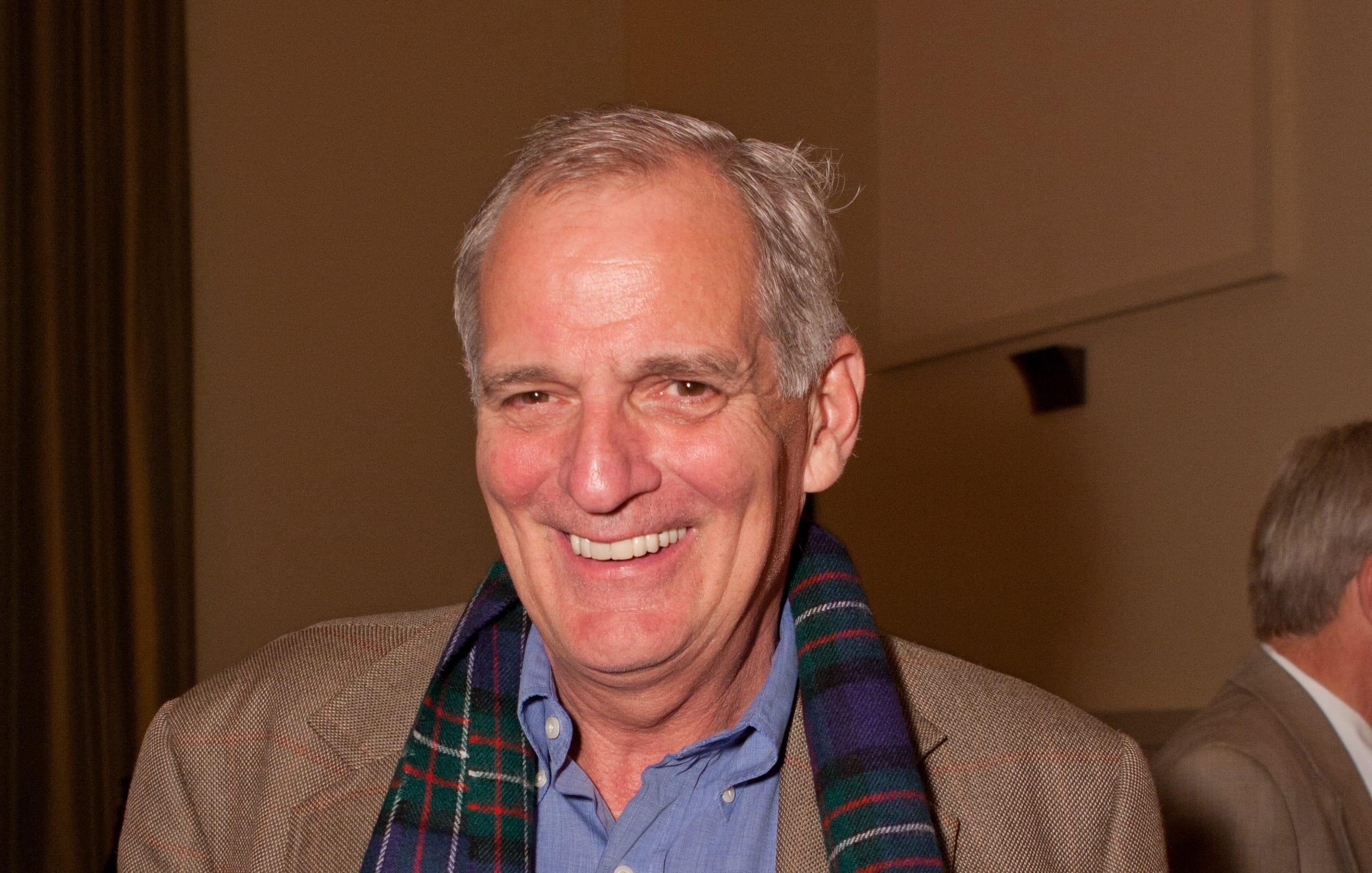
Want Proof That Your Voice Matters? LWCF Is Permanently Renewed.
Want Proof That Your Voice Matters? LWCF Is Permanently Renewed.
Take a moment to pat yourself on the back. Today, the President signed the John D. Dingell, Jr. Conservation, Management and Recreation Act into law—the final step in the biggest legislative victory for conservation in a decade.
The bill designates 1.3 million acres of new wilderness, creates four national monuments, and retires mining claims on the outskirts of two national parks. But the heart of the legislation is the future of the Land and Water Conservation Fund (LWCF), a longstanding federal program that directs fees from oil and gas drilling to investments in parks and open space.
LWCF expired in 2018; this bill renews the program forever (a big milestone, though it doesn’t guarantee Congress will allocate funding for LWCF in their annual appropriations process).
Still, for the majority of Americans who don’t work in the legislative trenches, this news is breaking like a ray of sunshine between storm clouds. The strength of the consensus behind the bill—which passed the Senate 92-8—is being reported in the press as a startling anachronism, the result of “an old-fashioned approach to dealmaking that has largely disappeared on Capitol Hill.”
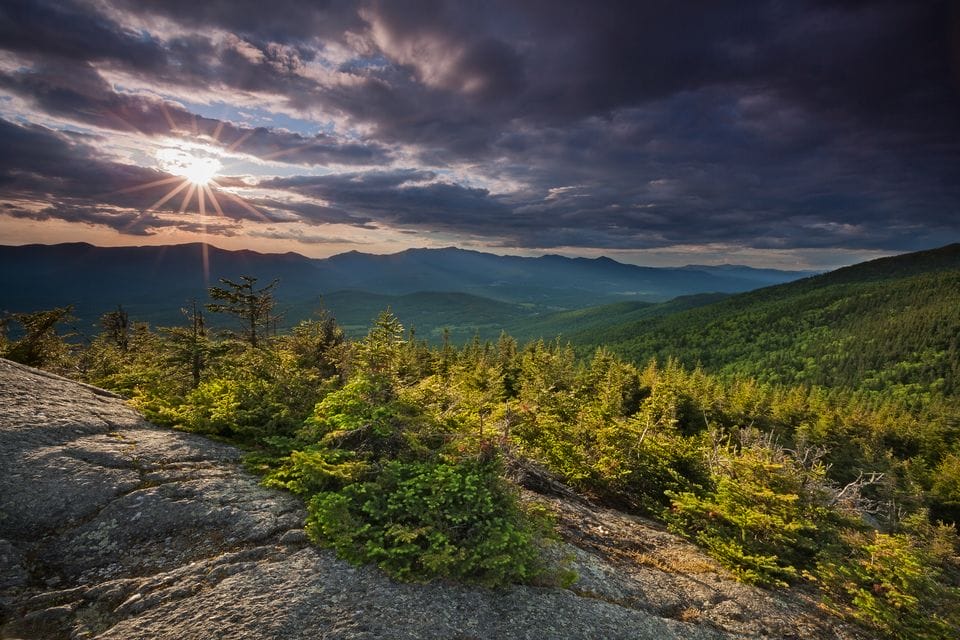 Photo credit: Kurt Budliger
Photo credit: Kurt Budliger
But as someone who’s worked to save LWCF for almost 20 years, I can tell you this outcome is anything but a fluke, and far from a surprise; it’s the culmination of an inclusive, disciplined, and fair-minded campaign that united the American people around our shared values, rather than splitting us along our differences.
As we celebrate our win (and look ahead to making sure LWCF is fully funded), we’re taking a breath to reflect on what it took get here, and what we can learn to get more good policies passed in the future.
We started off on strong footing, representing a reasonable position: everyone needs access to nature, and we should sustain the program that supports that goal, which costs taxpayers nothing, and benefits every American. Pretty straightforward, right?
Except it wasn’t. Congress couldn’t muster the political will to permanently renew LWCF as recently as 2015, when the program reached the end of its second 25-year authorization. We managed to secure a three-year extension, buying some time to build support for the idea of making the program permanent. Since then, we’ve held on through twists and turns, harmful amendments, legislative apathy, partisan gridlock, near-misses, and close calls.
Throughout, we learned we moved forward fastest when we grew our definition of “we.” The LWCF Coalition started as a partnership between some of the largest environmental and conservation organizations in the country. With decades of experience making the case for nature, and hundreds of thousands of supporters nationwide, we were well positioned to spread the word.
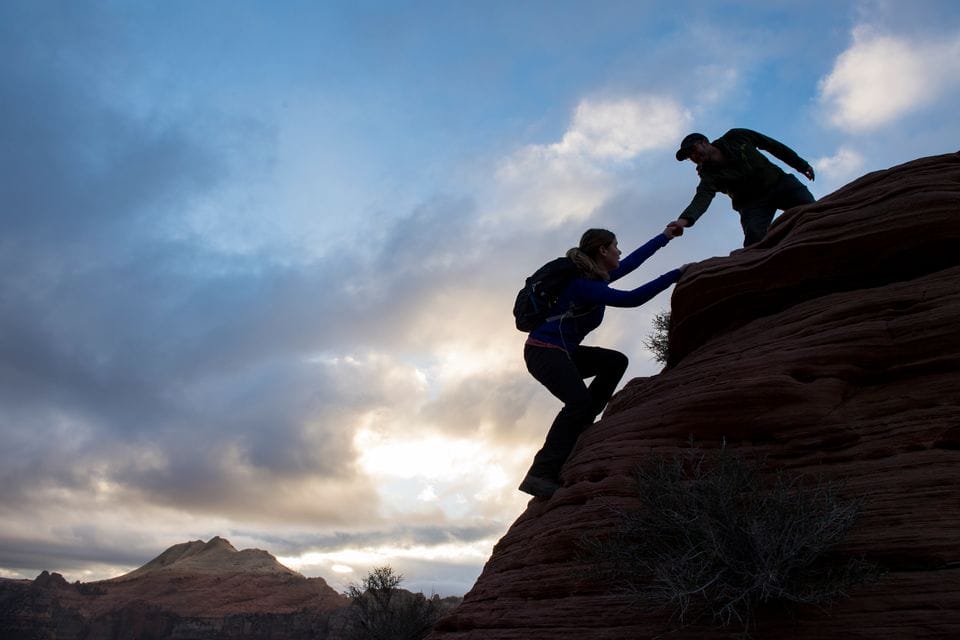 Photo credit: Mike Schirf
Photo credit: Mike Schirf
So we built relationships with outdoor enthusiasts of all stripes, from birders to hunters, from cyclists to snowmobilers. The outdoor industry—an $887 billion economic powerhouse—joined our coalition en masse, along with small business owners in rural towns, parents in big cities whose kids don’t have a park to play in after school, timber industry associations and local elected officials and artists and public health advocates and teachers. Over time, the LWCF Coalition grew to include 1,400 organizations, with members in every state representing every position on the political spectrum.
We’ve sat together in legislators’ offices on Capitol Hill, written reams of letters to the editors of our local papers, and spent hours on the phone with our senators and representatives, explaining why LWCF is important to each of us. We took care to keep our message informative rather than inflammatory, inclusive rather than defamatory.
That’s not to say we haven’t had plenty of hard conversations among ourselves. Coalition members have different reasons for supporting LWCF, and we sometimes disagree on issues like how our public lands should be used and managed. But those differences ultimately defined our strength. When the legislation to renew LWCF hit hurdles or came under attack from any one side—as it did countless times in the past three years—it was buoyed and defended by a surround-sound chorus, eager to set the record straight, and then welcome a new point of view into the coalition.
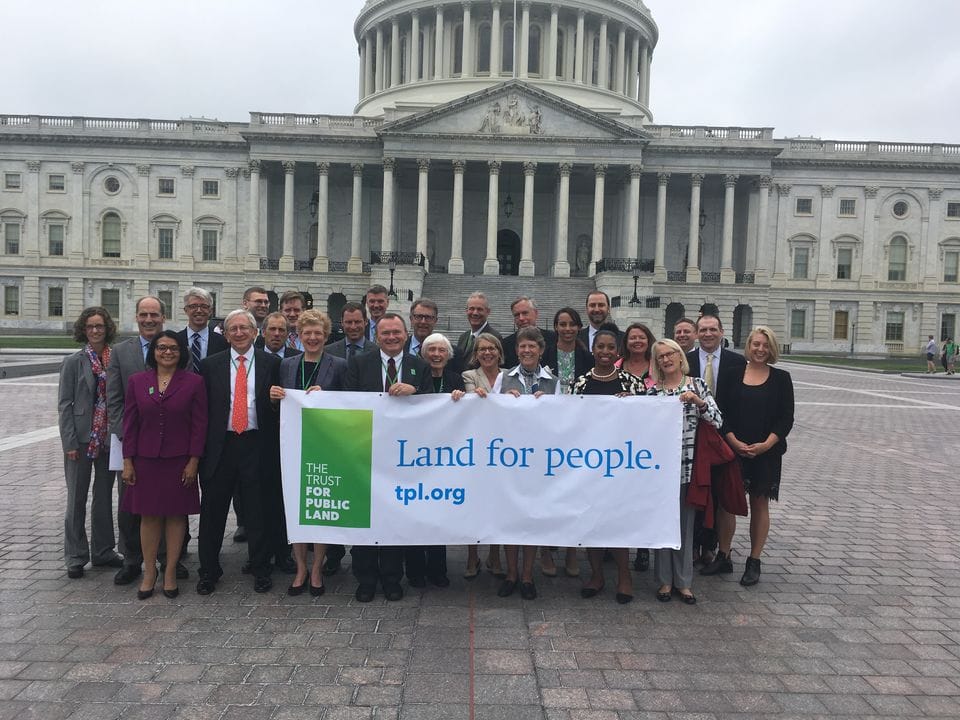 Photo credit: Elyse Leyenberger
Photo credit: Elyse Leyenberger
In politics, it’s easier to name the bad guys, draw lines in the sand, and speak only to your base. Polarizing an issue is a surefire shortcut to high emotions, but the flames it generates can cause lasting damage. I think the widespread relief that’s greeted the passage of this bill through Congress is a sign of how tired we all are of fighting this way, even if our side wins. Whether this victory is a throwback to the maybe-mythical days when Congress could agree on something, or a step toward a more united government, I believe we can learn something from how it came to pass, and keep those lessons in mind as we work toward a fair, prosperous future for every American.
Kathy DeCoster is vice president and director of Federal Affairs at The Trust for Public Land.
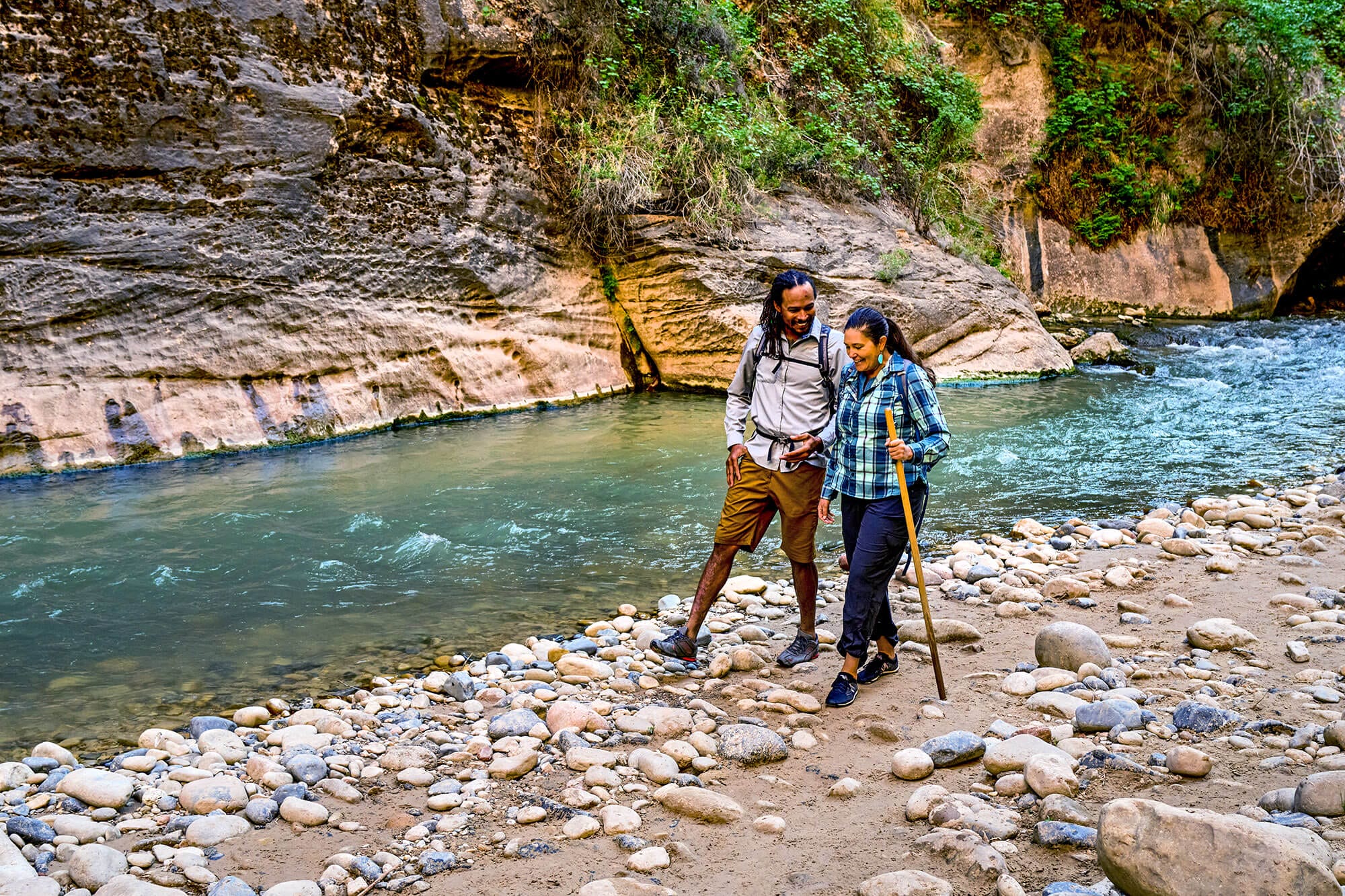
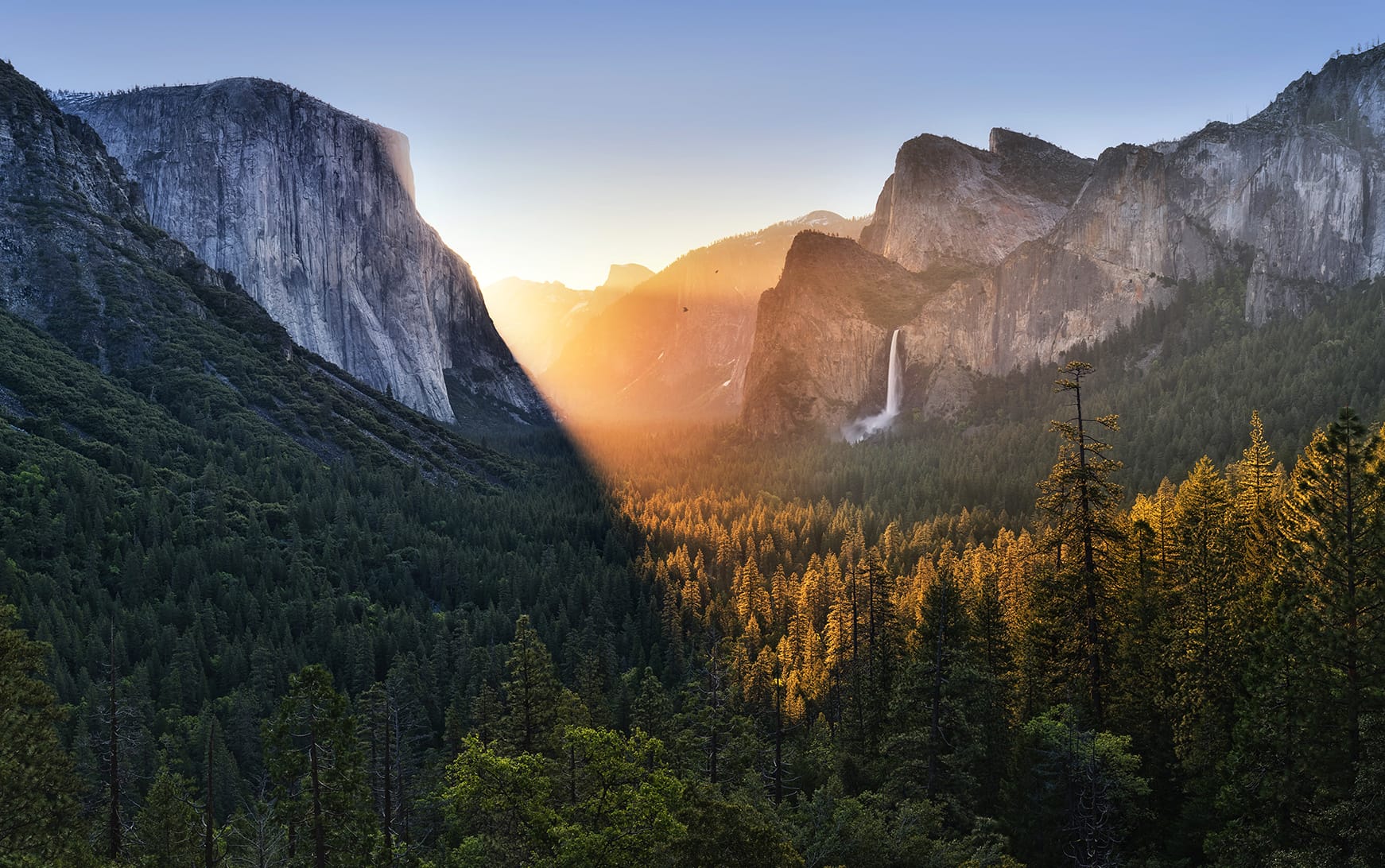
Donate to become a member, and you’ll receive a subscription to Land&People magazine, our biannual publication featuring exclusive, inspiring stories about our work connecting everyone to the outdoors.
See how our supporters are helping us connect people to the outdoors across the country.



